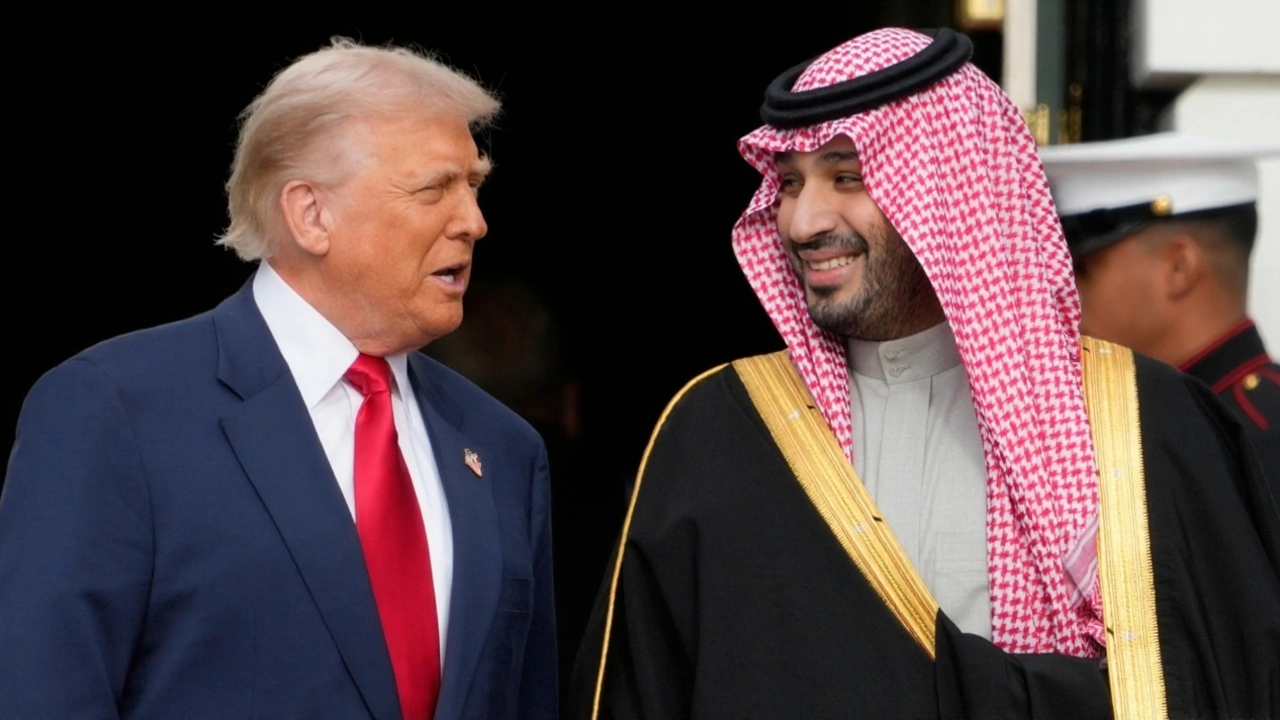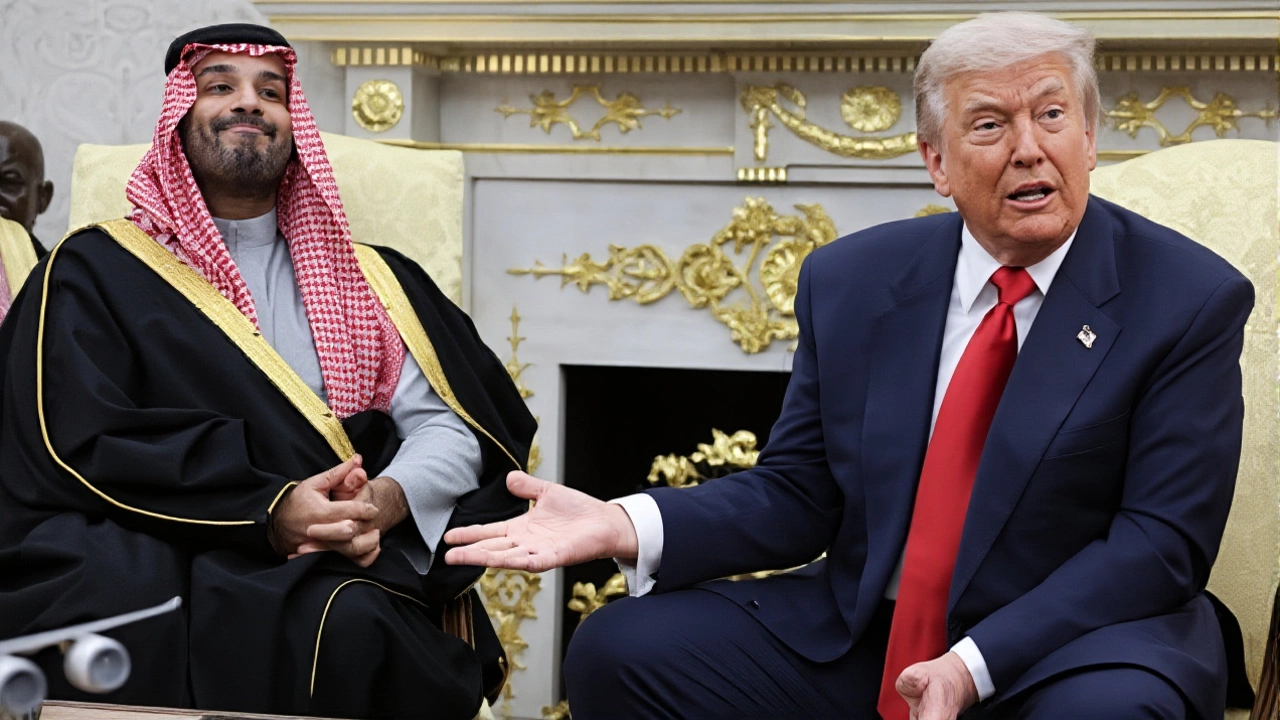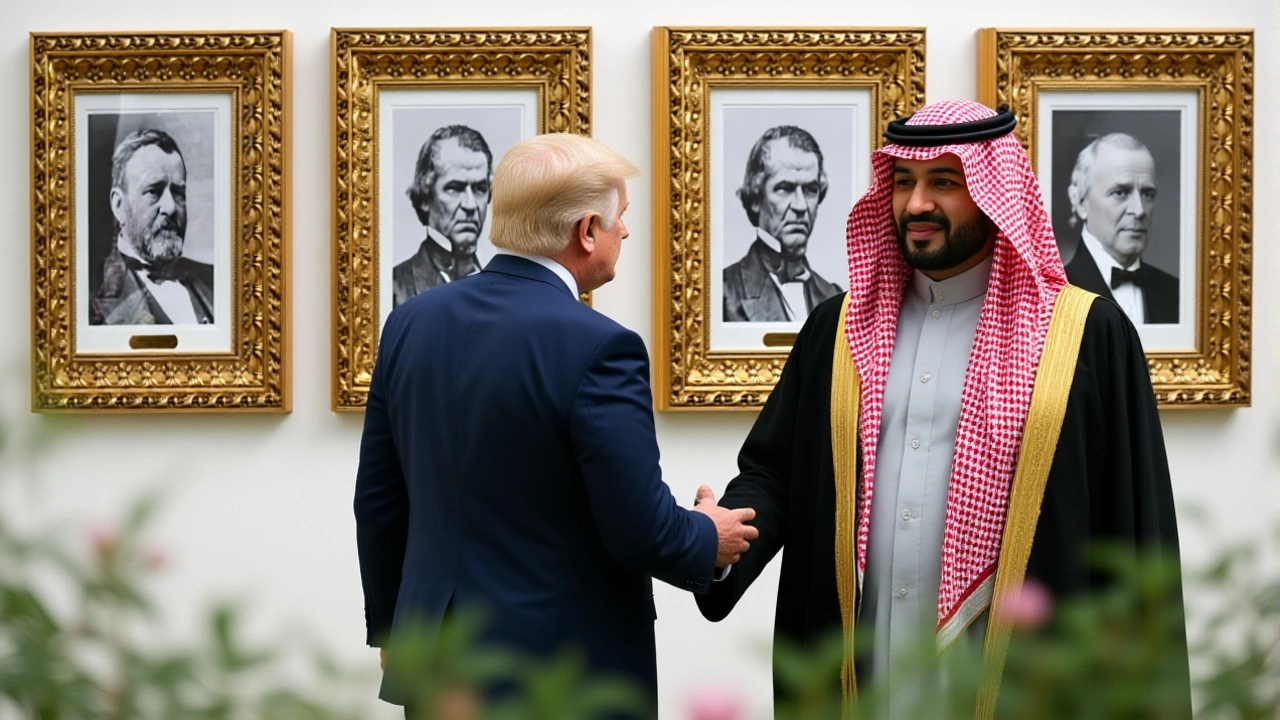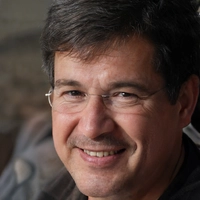On Tuesday, November 18, 2025, in the White House’s Oval Office, Donald J. Trump dismissed questions about Crown Prince Mohammed bin Salman Al Saud’s role in the 2018 killing of journalist Jamal Ahmad Khashoggi. His remarks, made just before the five-year anniversary of his first impeachment, were not just careless—they were explosive. Within hours, PEN America called them "reckless and dismissive," and by Wednesday, Eugene Vindman, a former White House National Security Council lawyer, stood on the floor of the U.S. Capitol and demanded the release of a secret 2019 phone call between Trump and MBS. The silence around Khashoggi’s murder was already deafening. Now, it’s being weaponized.
What Trump Said—and Why It Matters
Trump didn’t just defend MBS. He minimized the murder. According to sources familiar with the Oval Office remarks, he suggested Khashoggi’s criticism of the Saudi regime made him "a provocateur," and that holding the Crown Prince responsible was "unfair" given "the complexity of Middle Eastern politics." He added, "We’ve got oil deals, defense contracts—we can’t be chasing ghosts from seven years ago." This isn’t just revisionism. It’s a direct repudiation of the 2019 CIA assessment that concluded MBS personally ordered Khashoggi’s killing inside the Saudi Consulate in Istanbul. That report, leaked in part by whistleblowers, was the most damning evidence the U.S. government ever produced against a foreign ally. Trump’s comments now openly undermine it—and with them, decades of U.S. rhetoric on human rights.PEN America’s Outrage: A Chilling Warning
PEN America, the New York-based literary and free speech nonprofit headquartered at 120 Wall Street, didn’t mince words. Liesl Gerntholtz, managing director of its PEN/Barbey Freedom to Write Center, issued a statement that read like a warning flare: "By brushing aside the clear findings of U.S. intelligence agencies... Trump sends a chilling message to authoritarian governments: The United States will look the other way when writers and journalists are silenced as long as it serves the administration’s interests." She didn’t stop there. Gerntholtz pointed to the June 15, 2025, execution of Saudi journalist Turki Al-Jasser—a case that shocked global press freedom advocates—as proof that Trump’s rhetoric isn’t abstract. It’s a green light. According to PEN America’s 2024 Freedom to Write Index, Saudi Arabia ranks third in the world for imprisoning writers—with exactly 23 journalists and commentators behind bars. Only China and Turkey hold more.
Vindman’s Demand: The Transcript That Could Break the Silence
While PEN America issued its condemnation on Friday, November 21, Vindman had already acted. On Wednesday, November 19, at 11:45 a.m. EST, he stood before the U.S. House of Representatives and delivered a blistering speech. "I reviewed that call," he said, voice steady. "And I can tell you this: it wasn’t just tone-deaf. It was treasonous in its implications." Vindman, who served on Trump’s NSC staff from 2019 to 2020, referenced the infamous Zelenskyy call that led to Trump’s first impeachment. But he made it clear: "The MBS call was worse. At least with Ukraine, there was a quid pro quo. With Saudi Arabia? There was no pretense. Just approval." He demanded the full transcript be released immediately. "The Khashoggi family deserves to know what was said. The American people deserve to know if their president traded justice for oil." No deadline was set. But Vindman’s tone suggested this isn’t over. "Does anyone believe the Zelenskyy call was the only problematic conversation Donald Trump had with a foreign leader?" he asked. The silence in the chamber was louder than any applause.The Bigger Picture: A Pattern of Complicity
This isn’t the first time Trump has shielded MBS. After Khashoggi’s murder, he called the Crown Prince "a friend," dismissed the CIA’s findings as "circumstantial," and doubled down on arms sales to Saudi Arabia. In 2020, the U.S. even blocked a Senate resolution condemning MBS’s role. Now, in 2025, he’s gone further: he’s rewriting history. Meanwhile, Saudi Arabia’s crackdown on dissent has only intensified. In 2024, at least 12 writers were sentenced to death or long prison terms under vague "cybercrime" laws. Al-Jasser’s execution—carried out after a closed-door trial—was the first of its kind in over a decade. His crime? Writing critically about MBS’s Vision 2030 reforms and the war in Yemen. The message from Riyadh is clear: silence is profitable. And now, from the White House, silence is being encouraged.
What Comes Next?
Vindman’s call for the transcript has already drawn bipartisan interest. Senate Foreign Relations Committee Chair Lindsey Graham has quietly requested a briefing. House Judiciary Committee Democrats are considering a subpoena. But without a clear legal mechanism to compel the White House to release classified call logs, pressure may remain symbolic—for now. PEN America plans to release a new report in February 2026, mapping how U.S. diplomatic silence correlates with rising executions of journalists in the Middle East. They’re also launching a global petition, #ReleaseTheCall, targeting U.S. voters ahead of the 2026 midterms. The real question isn’t whether the transcript exists. It’s whether anyone in power still believes the U.S. stands for anything beyond profit and power.Frequently Asked Questions
Why does the 2019 Trump-MBS call matter now?
The call occurred just months after Khashoggi’s murder, during a period when U.S. intelligence had already concluded MBS ordered the killing. Vindman, who reviewed the call as part of his NSC duties, says it revealed Trump’s willingness to excuse state-sponsored murder for strategic gain. If the transcript confirms Trump praised MBS or downplayed the killing, it could be used to challenge U.S. credibility on human rights and possibly support future accountability efforts.
How does Saudi Arabia rank in press freedom violations?
According to PEN America’s 2024 Freedom to Write Index, Saudi Arabia is third globally in imprisoning writers, with exactly 23 journalists and commentators held as political prisoners. Only China (107) and Turkey (47) hold more. The kingdom has also executed at least two journalists since 2020, including Turki Al-Jasser in June 2025, signaling a deliberate strategy to silence dissent.
What’s the connection between Trump’s comments and Al-Jasser’s execution?
PEN America explicitly links Trump’s rhetoric to a broader global trend: when U.S. leaders excuse authoritarian abuses, it emboldens repressive regimes. Al-Jasser’s execution came just months after Trump’s Oval Office remarks, and Saudi state media praised the U.S. for "understanding the need for stability." Human rights groups argue this isn’t coincidence—it’s consequence.
Can Congress force the release of the call transcript?
Congress has no direct authority to compel the release of classified presidential communications, but it can subpoena records, hold hearings, or attach conditions to funding. Vindman’s public demand signals that such action may be coming. If bipartisan pressure grows, the House could vote to declassify the transcript under the Presidential Records Act, though legal battles would likely follow.
Why is PEN America involved in a political controversy?
PEN America is not a political group—it’s a writers’ organization founded in 1922 to defend free expression. Its mission is to protect journalists, poets, and bloggers from persecution. When a U.S. president publicly dismisses the murder of a writer and praises his killer, PEN America is obligated to respond. Silence, in their view, is complicity.
What can ordinary Americans do?
Sign PEN America’s #ReleaseTheCall petition, contact your representative to demand transparency, and support independent journalism from the region. The Khashoggi case isn’t just about one man—it’s about whether the U.S. still believes in the principle that no one is above the law, not even allies. Your voice matters more than you think.

